Projects
Professionalization
To the project browser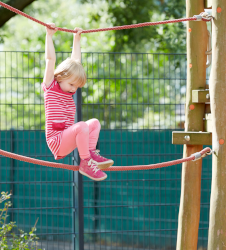
FePrax
The FePrax project examines diagnostic assessment and counselling practices in the areas of learning, language, emotional-social development, intellectual development and autism in five German states.
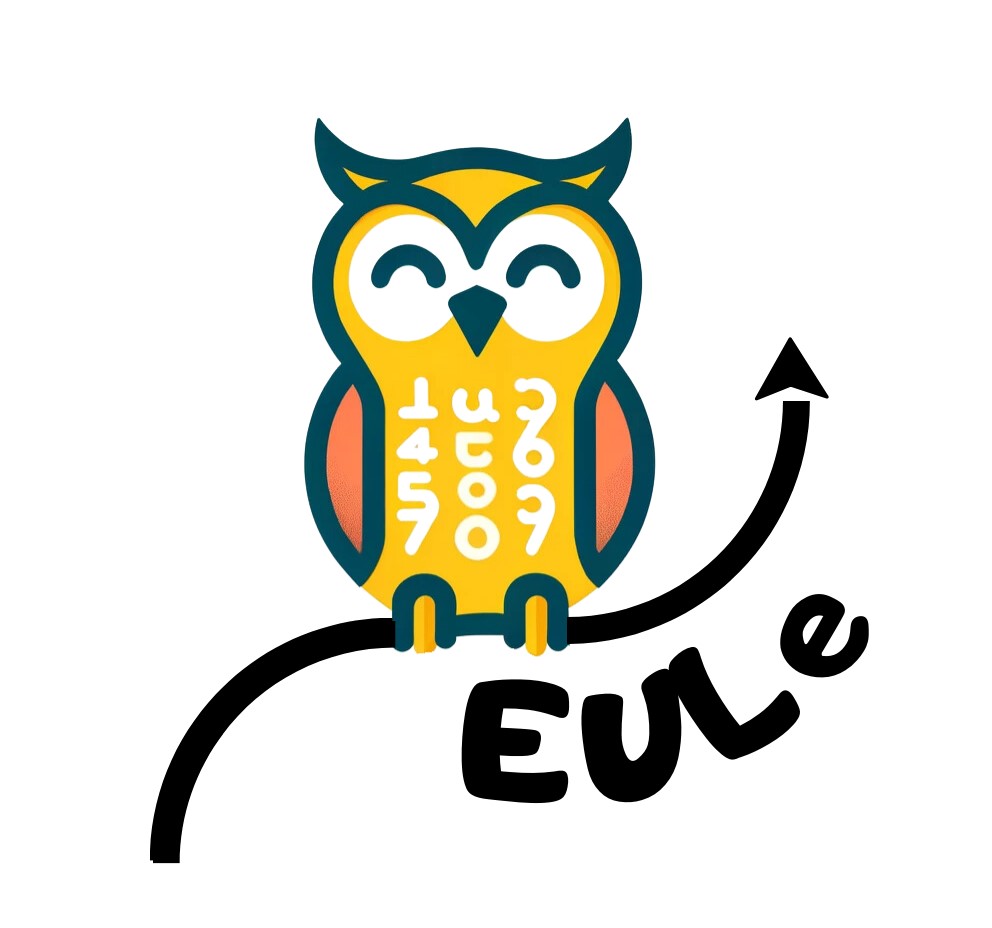
EULe
The project “EULe – Erfolgreich Unterrichten mit Lernverlaufsdiagnostik” aims to support 10 primary schools in North Rhine-Westphalia in developing and implementing school-specific, data-based and adaptive support concepts based on learning progression diagnostics.
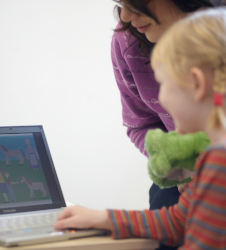
DigitLern
The DigitLern project aims to explore the opportunities and challenges of (digital) distance learning and teaching during the coronavirus pandemic for children and young people with learning difficulties.
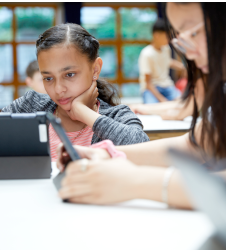
BAPAS
The BAPAS project aims to evaluate the effectiveness of a psychoanalytic therapy programme for multi-complex traumatised adopted and foster children (aged eight to eleven) and their adoptive or foster parents. As part of the extended network of these children, their teachers will also be involved in the intervention.
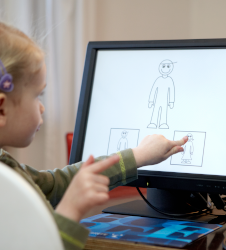
AppLeMat
The AppLeMat project aims to develop and evaluate a therapeutic, tablet-based application as an adjunct to learning therapy.
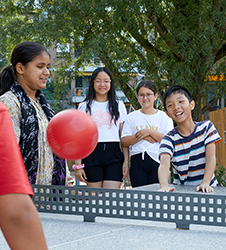
DYNAMIC Kids
In the DYNAMIC Kids sub-project of the DYNAMIC Center, we are investigating the mental health of children and adolescents using dynamic network analyses. This takes individual processes into account. We aim to provide a better understanding of individual risk and resilience factors, which will serve as a basis for personalized interventions.

StaLApp
The StarLApp project is about the research-based development and qualitative research of the pre-version of an app for statistical learning in primary schools. The app is to be designed with regard to a learning path derived from theory and encourage learners to reason with statistical data.
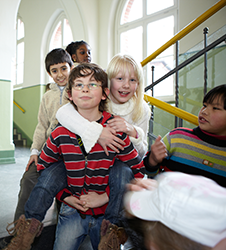
KoaLa
Das Projekt KoaLa ist Teil des bundesweiten Forschungsverbundes „Schule macht stark“ (SchuMaS). Es beschäftigt sich mit der Erforschung und Gestaltung kognitiv aktivierender und kollaborativer Lernangebote.
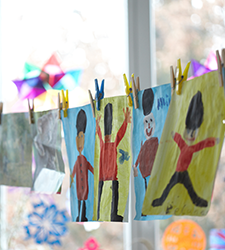
meRLe
The meRLe project explores ways to promote German reading skills using multilingual-sensitive reciprocal teaching in primary education.

LONDI (former OnDiFoe)
The project LONDI aims at developing a web-based platform to support the identification and treatment of children with major difficulties in learning to read, spell, and/or calculate. The platform will provide evidence-based information, materials and tools for learning disabilities screening as well as for the individual diagnosis and remediation.